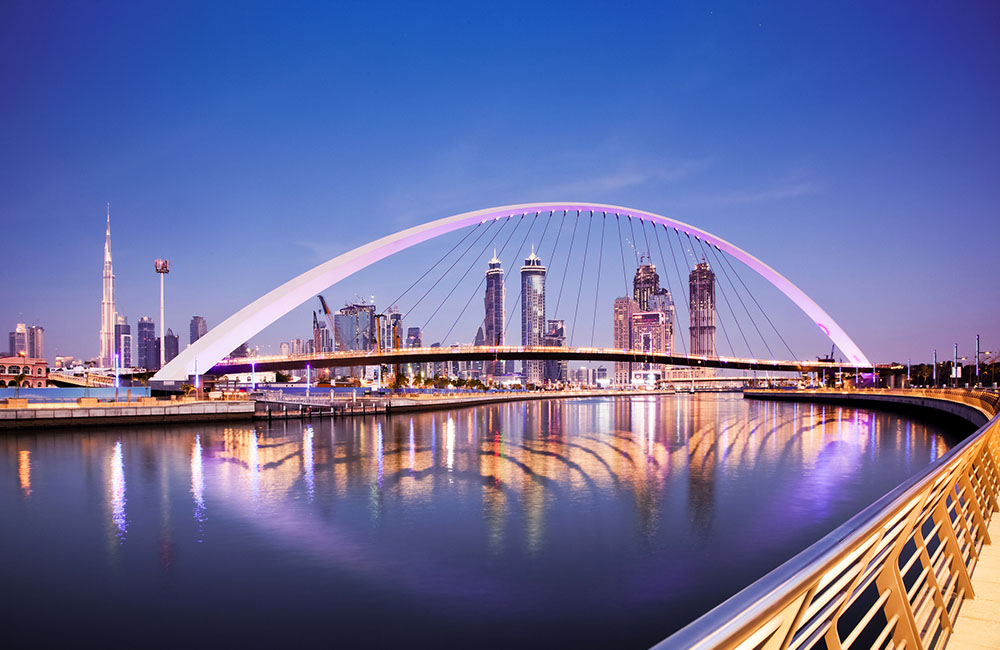
The Dubai real estate market has experienced remarkable growth, but it also faces several challenges. Some of the key issues include:

1. Market Volatility
Dubai’s real estate market is highly cyclical, often fluctuating due to external factors such as global economic conditions, oil prices, and regional political instability. These cycles of boom and bust can make it difficult for investors and developers to predict future trends.
2. Oversupply
One of the biggest challenges is oversupply in both residential and commercial properties. With a high volume of new construction projects, the supply often outpaces demand, leading to price drops and lower rental yields. This oversupply can put downward pressure on property values and create a buyer’s market.
3. Regulatory Uncertainty
While Dubai has made significant strides in improving its regulatory framework, there are still concerns around the transparency and consistency of real estate laws and regulations. Changes in ownership rules, visa regulations, or taxation policies can affect investor confidence.
4. Financing and Affordability
Although there are financing options available, high property prices and interest rates can make it difficult for middle-income buyers to enter the market. Additionally, mortgage regulations have become stricter in recent years, limiting the purchasing power of local and expatriate buyers.
5. Investor Confidence
Market corrections, such as those seen in the aftermath of the 2008 financial crisis and more recently due to the COVID-19 pandemic, have shaken investor confidence. While recovery is underway, the memory of past downturns can make both local and foreign investors cautious.
6. Sustainability and Infrastructure Development
As Dubai grows, the need for sustainable urban planning and infrastructure becomes crucial. The city’s rapid expansion has led to concerns about environmental sustainability, strain on utilities, and transport infrastructure.
7. Dependence on Foreign Investment
The market is heavily dependent on foreign investment, which can make it vulnerable to global economic conditions. A decline in foreign investor interest due to factors such as currency fluctuations, political tensions, or global recessions can impact the market’s stability.
8. Short-term Rentals and Competition
The rise of short-term rental platforms like Airbnb has created new competition for traditional rental properties. This has led to shifts in demand, as many property owners turn to short-term rentals for higher yields, affecting the long-term rental market.
9. Regional Geopolitical Risks
The UAE is situated in a region that is occasionally subject to geopolitical risks, including tensions in neighboring countries. These factors can influence investor sentiment and market dynamics, as some buyers may hesitate to invest in the region during periods of instability.
Despite these challenges, Dubai remains a major global real estate hub, thanks to its tax-friendly environment, strategic location, and world-class infrastructure. The market is working towards addressing these challenges through regulatory reforms, government-backed initiatives, and a focus on sustainable development.







